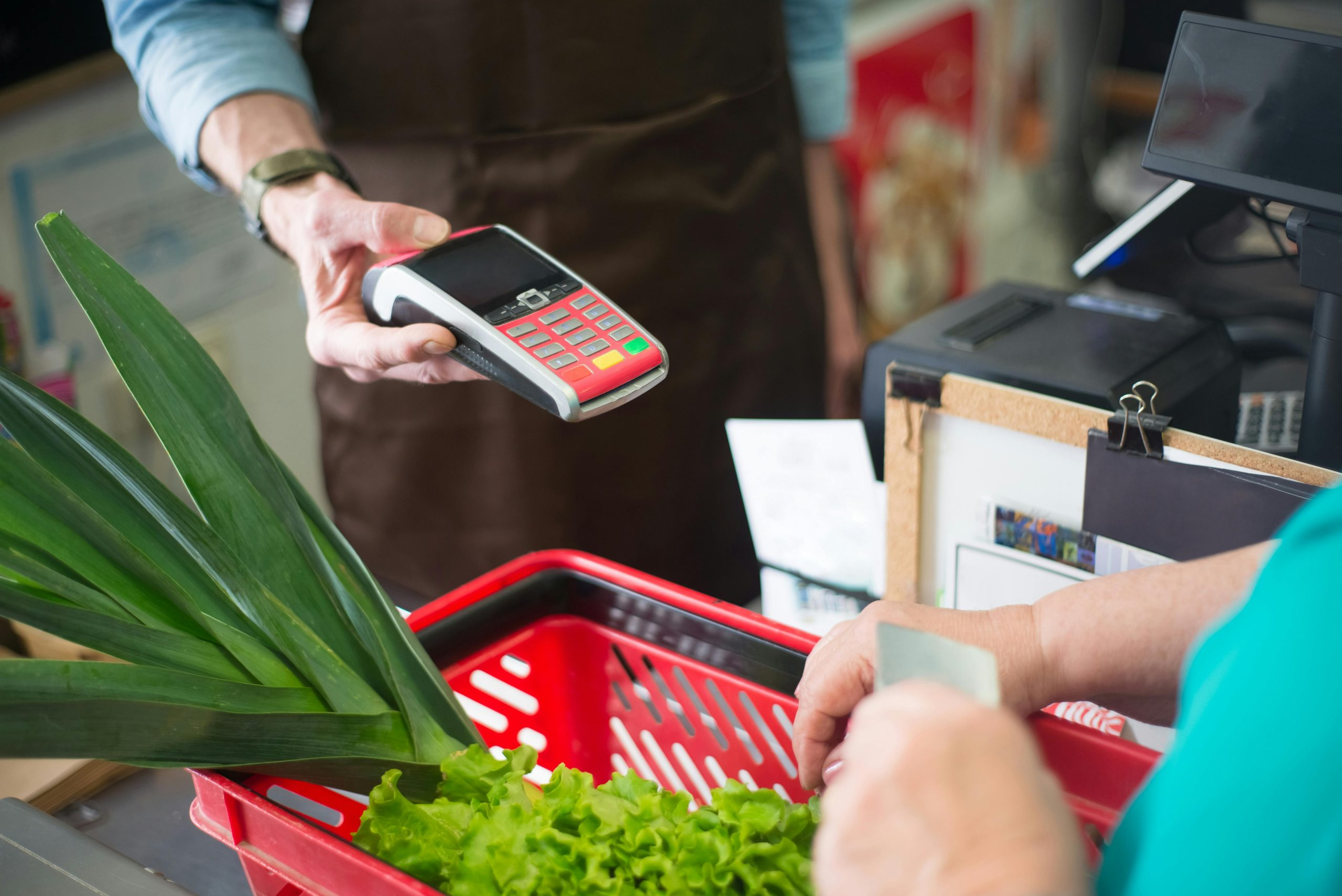Cutting Down Food Waste with Smart Tech
The amount of food that goes to waste each day is astonishing. According to the Food and Agriculture Organization of the United Nations, about one-third of all food produced globally goes to waste. That’s roughly 1.3 billion tons of food every year that ends up in landfills, contributing to greenhouse gas emissions and wasting valuable resources. The good news is that there are smart tech solutions that can help us cut down on food waste, from smart kitchen appliances to mobile apps. In this article, we’ll explore the different ways smart tech is making a positive impact on reducing food waste.
The Problem with Food Waste
The primary cause of food waste is a lack of proper planning and management. Supermarkets, restaurants, and households often buy or prepare more food than needed, leading to excess food being thrown out. In addition, food waste can occur due to spoilage, misshapen produce being discarded, and consumer preference for aesthetically pleasing food.
Not only is food waste bad for the environment, but it also has significant economic consequences. The cost of food waste amounts to billions of dollars each year, and this money could be used to feed the millions of people who are food insecure.
How Smart Tech is Tackling Food Waste
Smart Kitchen Appliances
The kitchen is where most food waste occurs, and smart appliances can help prevent this. For example, smart refrigerators can track food expiration dates and send notifications to users before they go bad. They can also suggest recipes based on the ingredients you have on hand, reducing the chances of food going to waste. Additionally, smart ovens and microwaves have features that can help prevent overcooking or burning food, making it more enjoyable to eat and reducing waste.
Food Inventory Management Apps
Keeping track of food items in your fridge and pantry can be a challenge, especially when it comes to perishable items. However, there are now mobile apps that make it easier to keep track of what you have and when it will expire. These apps can even generate shopping lists based on the ingredients you need, minimizing the chances of buying food you already have and reducing waste.
Smarter Grocery Shopping
Smart tech is also making it easier to shop more efficiently, reducing the likelihood of buying more food than needed. Some grocery stores have implemented smart carts that can scan items as you shop, keeping track of your total cost. This way, you can see how much you are spending and adjust your purchases accordingly. Moreover, mobile apps can help track your food intake and suggest how much food to buy based on your consumption patterns.
Food Waste Solutions for Businesses
Supermarkets and restaurants contribute significantly to food waste, but smart tech is also helping them reduce it. For instance, some restaurants are using smart scales to measure food waste, allowing them to adjust their food orders and portion sizes. Supermarkets are also using smart cameras and sensors to monitor food inventory and predict when food will go bad, reducing the amount of waste.
The Future of Cutting Down Food Waste with Smart Tech
As technology continues to advance, the possibilities for reducing food waste are endless. Some companies are developing smart packaging that can detect when food is spoiled and alert consumers before they eat it. Others are working on smart bins that can sort food waste and compost it, reducing the amount of waste sent to landfills. Additionally, artificial intelligence is being used to analyze consumer food waste patterns and suggest ways to reduce it.
The use of smart tech to reduce food waste is gaining traction, and it’s a step in the right direction. With the continued development and adoption of these solutions, we can hope to see a significant decrease in food waste and its negative impact on the environment and the economy.
In Conclusion
Cutting down food waste is crucial for a sustainable future, and smart tech is playing a significant role in achieving this goal. From smart kitchen appliances to mobile apps, there are many solutions available that can help us reduce food waste at home and in businesses. As consumers, we also have a role to play in being mindful of our food intake and purchasing habits. By working together and utilizing smart tech, we can make a positive impact on the environment and our communities by cutting down on food waste.










